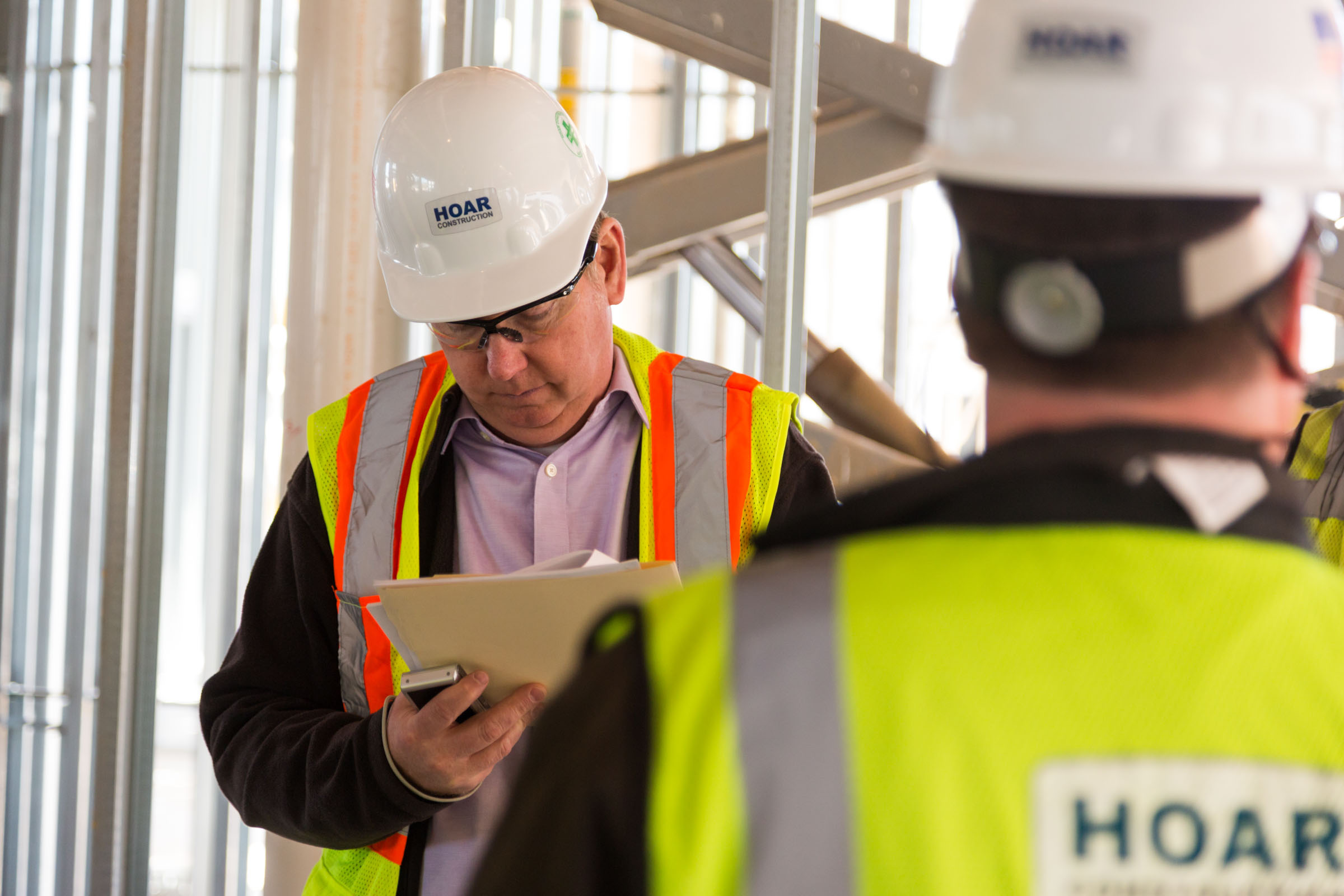
No two projects are alike. We say that a lot in this industry, and it’s true — but that doesn’t stop clients from wanting to seek out contractors with relevant experience. It’s the easiest first step to narrow down the pool of potential builders. A lot of projects, though different, share similarities and challenges that you want to know your contractor can handle. But imagine you had a truly unique project. How do you find a builder who has that exact experience on their resume? Chances are, you wouldn’t be able to. So, you would have to vet builders based on a different set of experience requirements. I’d argue you should take that same approach on every project.
In the past year we’ve worked on two chapels at two different colleges. However, one was the renovation of mid-century chapel built in the image of the first Baptist church built in America. The other, is the new construction of a Gothic-style Catholic chapel with a 116-foot bell tower. While these projects are technically in the same category of experience, they couldn’t be more different and require a unique approach and project plan. Whether it’s a higher-education residence hall or a rural replacement hospital, we have relevant experience across all market sectors. But I don’t think our project history is the only asset our teams bring to the table. Relevant experience is important to satisfy clients that a builder has worked on projects of comparable size and scope. But to hire a contractor who can handle any challenge, you should look further than their list of project experience. Here are three things all great contractors should have on their resume.
1. Excellent Preconstruction Skills
Excellent preconstruction is the most important piece of a successful project. It’s the phase where we have the best opportunity to break a project down, piece by piece, and identify potential clashes and issues that could increase cost or derail a schedule. A good contractor should not only understand the importance of preconstruction but also have experience leading successful preconstruction efforts. In addition to looking at the project experience listed on a resume, ask contractor candidates about their experience in preconstruction. Can they give examples of instances where they were able to reduce a budget or schedule in preconstruction? What is their preconstruction approach? Here’s a good guide to elements they should be including in their preconstruction process.
2. Ability to Collaborate and Communicate
The traditional delivery method in our industry has been for a design team to craft the drawings on their own, and then pass them off to the contractor for construction. Everyone worked in silos. We know now this method is broken. It’s how you get thousands of RFI’s and change orders on a project. Preconstruction skills are of course important to combat this problem, but it takes more than that. You should look for a builder who is a capable communicator. Someone who is willing to come in early, during the design phase, and collaborate with the design team. Your contractor should be able to work side-by-side with the architect to keep the design aligned with your budget and schedule. They should be able to clearly communicate and identify potential issues, and then work together to create solutions in the drawings that are then carried out in the field. The ability to collaborate is the difference between a builder who follows instructions and a builder who leads the project to success.
3. Proven Record to Deliver on Promises
Anyone can come in with the lowest bid. That’s easy. But if you’ve ever been on the receiving end of news that a project’s cost has suddenly increased, you know the lowest bid doesn’t always mean the lowest price. We believe in transparency, and think our clients deserve to be told up front how much their project will cost. Your contractor should be able to show you where your money is going, what the price of materials, labor, etc. is, and give you a project cost you can depend on throughout construction. A good builder should take the same approach with schedules. You deserve a consistent schedule. To get that, your contractor should properly vet and review the schedule to ensure it’s achievable. That’s why we hold constructability reviews and use lean methods like pull planning or the Last Planner system. We can engage our trade partners and look at the total project design in small sections to create a schedule that accounts for every phase, down to the smallest task. The result is a schedule and timeline we can deliver, and you can count on.
The next time you request proposals for contactors on a project, why not think bigger than relevant project experience. Challenge builders to prove that they have these three skills. A contractor who has excellent preconstruction skills, the ability to communicate and collaborate, and can deliver on their promise is a builder who can handle any challenge — no matter the project.

